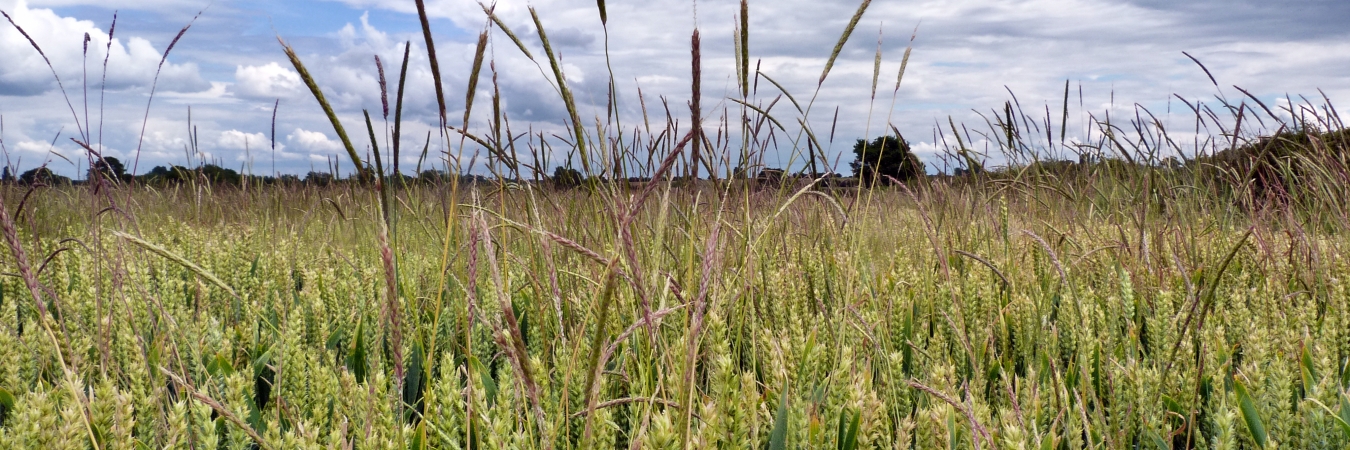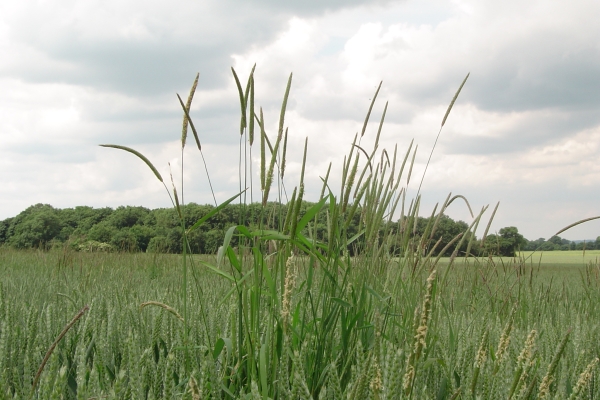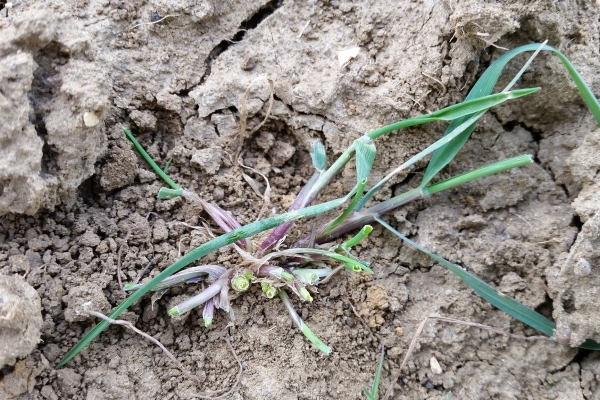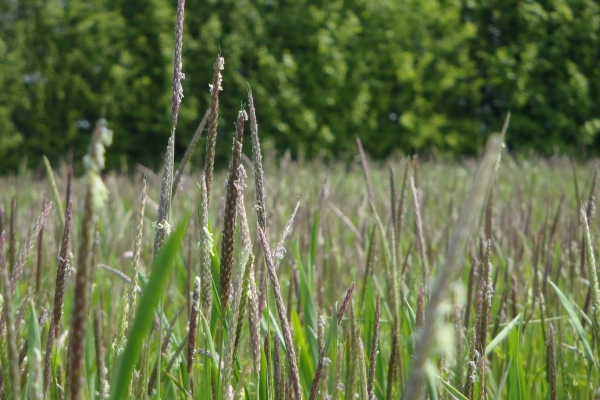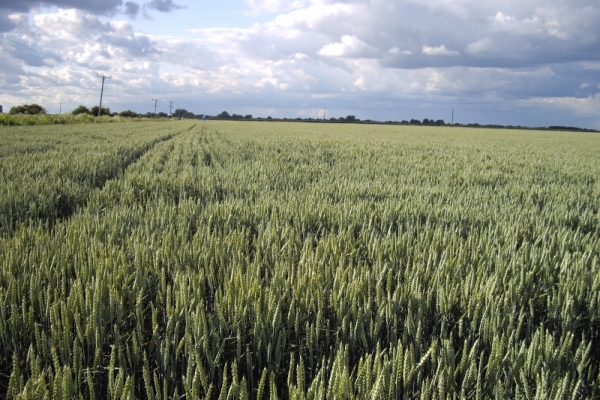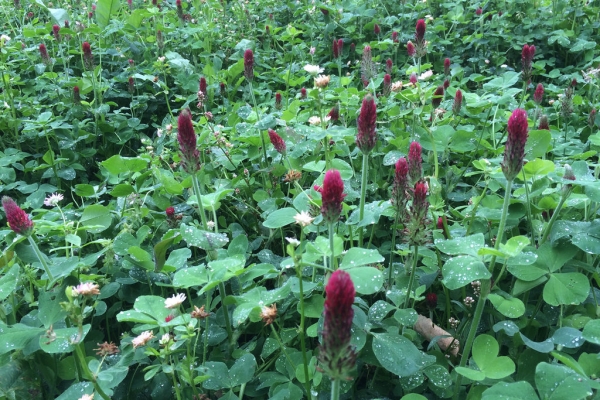Will putting grass into your rotation solve your black-grass problem?
Is black-grass a major problem on your farm? Are you considering bringing grass back into the rotation to control severe infestations of this weed? Centre for Ecology & Hydrology (CEH) would like to work in partnership with you to monitor how effective this approach to black-grass control really is.
As part of the ASSIST (Achieving Sustainable Agricultural Systems) research programme we want to support the UK farming industry by monitoring the effectiveness of new, farmer-led innovations such as this. We will share our findings widely so that others can benefit from this new knowledge and we can work together towards a solution. Depending on the success of this pilot project on black-grass control, we intend to roll this ‘farmer-science’ approach out to investigate other innovations, such as mixed cropping and agroforestry.
What we want to do?
All you need to do is take some soil samples from across the field just BEFORE you sow it down to grass and then repeat this sampling AFTER you have cultivated the ley for the next crop. We would also need some basic information on previous cropping, cultivation regime, grass ley composition, length of time under grass etc.
What’s in it for you?
We will undertake standard germination tests on you soil samples to estimate the size of the black-grass seed bank before and after the grass ley. We will also undertake soil analysis to measure pH and nutrient status, together with organic matter and carbon. We also hope that you will see this as an opportunity to contribute to the growing evidence base that can advise other farmers as to best practice to control this weed.
If you are interested please contact us at ASSIST@ceh.ac.uk. We will give you more details of what we would like you to do before you commit. If you are still interested, we will provide you with a sampling pack and instructions so that you can take part.
Richard Pywell is the Science Area Lead for Biodiversity at the Centre for Ecology & Hydrology. He says of himself:
“I have worked with the farming industry for over 25 years to co-design agricultural systems that integrate productive and efficient farming with the conservation of farmland wildlife. My work has particularly focused on managing farmland for insect pollinators (see: www.ceh.ac.uk/book-habitat-creation-and-management-pollinators) and improved natural pest control (integrated pest management). I have published over 100 scientific papers and popular articles on practical management solutions for both arable and grassland systems.
My research demonstrating that wildlife-friendly farming increases crop yields won the RSPB Centre for Conservation Science award for best conservation science paper of 2015. I currently lead the £12 million Achieving Sustainable Agricultural Systems (ASSIST – www.assist.ceh.ac.uk/) research programme for UKRI. This involves working with the farming industry to co-develop novel farming systems that will increase the efficiency and sustainability of food production, and improve their resilience to environmental change. Other projects I lead aim to deliver new metrics and models to support decisions on how to manage future landscapes (AGLAND), as well as improving our understanding of how climate change will impact on crop and grassland yields (CROP-NET).”
Photo credit: Lucy Hulmes, CEH
